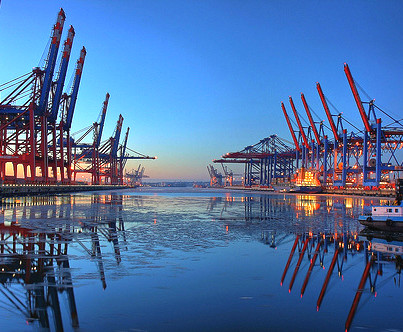The 2030 Agenda for Sustainable Development (ASD), the Sustainable Development Goals (SDGs) and the Paris Climate Agreement have emphasized the need for all economic sectors, including maritime transport to monitor and measure performance and track progress towards the achievement of relevant economic, social and environmental targets.
Indicators measuring the performance of the maritime transport sector with multidimensional metrics spanning a range of factors (e.g. efficiency, cost-effectiveness, productivity, profitability, connectivity, access, social inclusiveness and environmental sustainability) are increasingly recognized as critical for maritime business and its users, as well as for governments and policy makers.
As developing key indicators depends heavily on the availability and the quality of data and statistics, addressing existing maritime transport data gaps requires investing in acquiring, compiling, making available and managing relevant data.
Against this background the UNCTAD secretariat conveyed an ad hoc expert meeting on “Measuring Shipping Connectivity and Performance: The Need for Statistics and Data“.
Among the experts that the meeting brought together was PortEconomics member Gordon Wilmsmeier, who discussed the energy efficiency and sustainability in ports. Gordon set at the beginning of his presentation the question what is sustainable port and he gave the answer by presenting the common themes and principles of responsible business and international organisation, while he emphasised what it is needed to reach efficient, sustainable and coordinated port performance.












